Endorsement - K-5 Science
The K-5 Science Endorsement program is designed to strengthen and advance science content knowledge, provide professional growth, and promote changes in practice that impact student achievement. 5. To be eligible for the program, an individual must hold a Clear Renewable teaching certificate and have a minimum of one year of teaching experience. With this endorsement, individuals teaching science in grades K-5 will be eligible to earn salary incentives when funded by the General Assembly.
For more information, please see the Academic Catalog.
The K-5 Science Endorsement program is designed to strengthen and advance science content knowledge, provide professional growth, and promote changes in practice that impact student achievement. 5. To be eligible for the program, an individual must hold a Clear Renewable teaching certificate and have a minimum of one year of teaching experience. With this endorsement, individuals teaching science in grades K-5 will be eligible to earn salary incentives when funded by the General Assembly.
Program Location
Carrollton Campus, Newnan
Method of Delivery
Courses are primarily taught face to face. Some courses may be available partially or fully online, however, this is not an online program.
Accreditation
The University of West Georgia is accredited by The Southern Association of Colleges and Schools Commission on Colleges (SACSCOC).
Credit and transfer
Total semester hours required: 12
Graduate students may be able to reduce their cost through prior learning, previous degrees earned at UWG, or transfer credits. We have created a tool to help students estimate their tuition costs.
This program may be earned entirely face-to-face. However, depending on the courses chosen, a student may choose to take some partially or fully online courses.
Save money
UWG is often ranked as one of the most affordable accredited universities of its kind, regardless of the method of delivery chosen.
Details
- Total tuition costs and fees may vary, depending on the instructional method of the courses in which the student chooses to enroll.
- The more courses a student takes in a single term, the more they will typically save in fees and total cost.
- Face-to-face or partially online courses are charged at the general tuition rate and all mandatory campus fees, based on the student's residency (non-residents are charged at a higher rate).
- Fully or entirely online course tuition rates and fees my vary depending on the program. Students enrolled in exclusively online courses do not pay non-Resident rates.
- Together this means that GA residents pay about the same if they take all face-to-face or partially online courses as they do if they take only fully online courses exclusively; while non-residents save money by taking fully online courses.
- One word of caution: If a student takes a combination of face-to-face and online courses in a single term, he/she will pay both all mandatory campus fees and the higher eTuition rate.
- For cost information, as well as payment deadlines, see the Student Accounts and Billing Services website
There are a variety of financial assistance options for students, including scholarships and work study programs. Visit the Office of Financial Aid's website for more information.
General
This course is designed to reinforce and extend life science concepts for elementary teachers such that they can then design instruction that is appropriate for elementary students. The course will address basic concepts of life science using investigative, problem solving instruction. Students will be involved in concept building through discussion, laboratory, and field based experiences. Data gathering, analysis, and presentation will be a part of each topic. Additional professional resources from current literature will augment the information provided from the text and classroom discussions.
This course is designed to reinforce and extend physical science concepts for elementary teachers such that they can then design instruction that is appropriate for elementary students. The course will address basic concepts of the physical sciences using investigative, problem solving instruction. Students will be involved in concept building through discussion, laboratory, and field based experiences. Data gathering, analysis, and presentation will be a part of each topic. Additional professional resources from current literature will augment the information provided from the text and classroom discussions.
This course is designed to reinforce and extend earth science concepts for elementary teachers such that they can then design instruction that is appropriate for elementary students. The course will address basic concepts of the earth sciences using investigative, problem solving instruction. Students will be involved in concept building through discussion, laboratory, and field based experiences. Data gathering, analysis, and presentation will be a part of each topic. Additional professional resources from current literature will augment the information provided from the text and classroom discussions.
Candidates will use current research and literature related to the content, methodology, skills, and appropriate materials to explore various ways to engage K-5 children in learning life, earth, and physical sciences. Instructional approaches will be based on the premises that all students can learn science and that effective science learning occurs when students utilize the various processes of science. Through this course candidates will also develop and complete the authentic residency requirements for completion of the K-5 Science Endorsement as described in PSC Rule 505-3.69. Course prerequisites may all be taken concurrently.
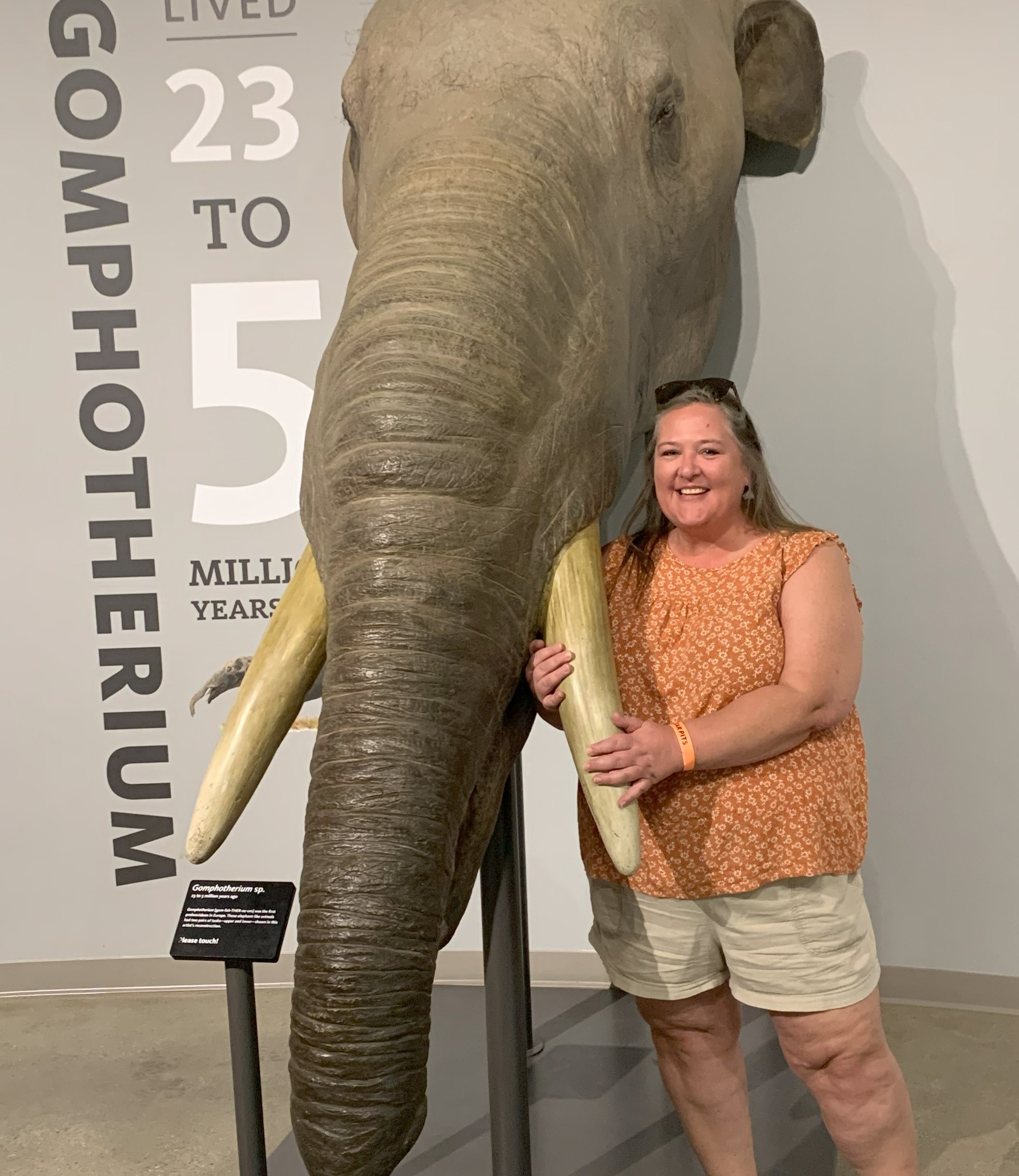
Stacey Britton, Ph.D.
Associate Professor
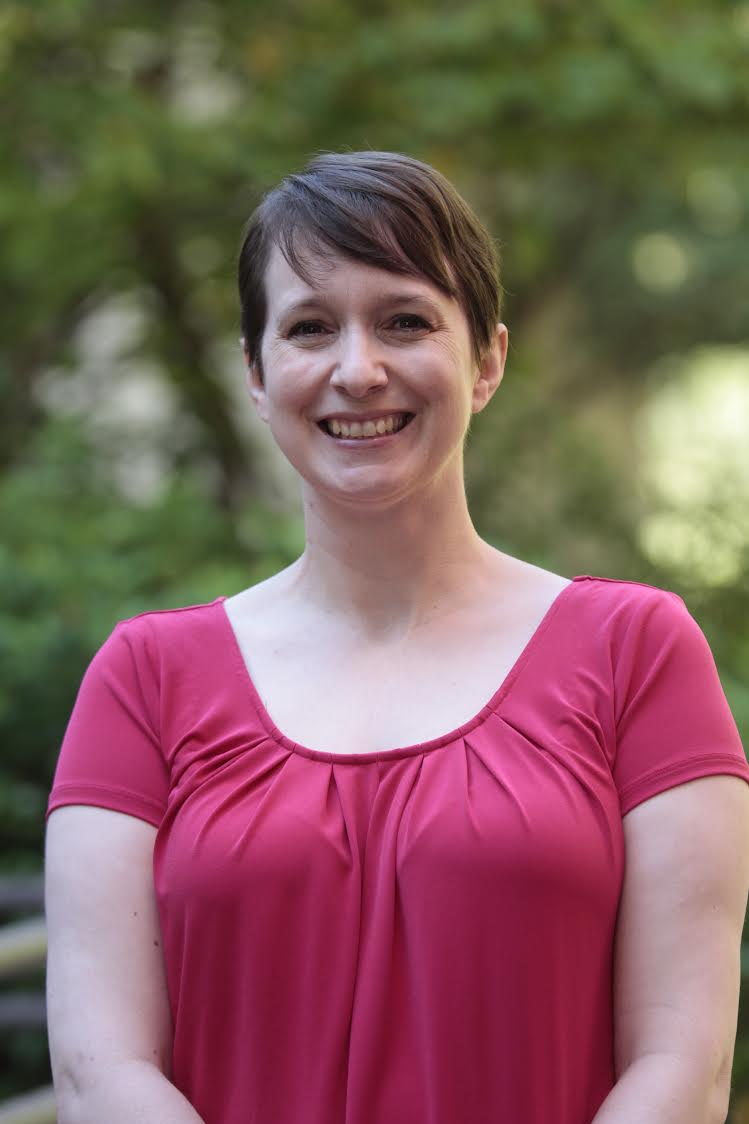
Jennifer Edelman, Ph.D.
Associate Professor

Rebecca Gault, Ph.D.
Associate Professor
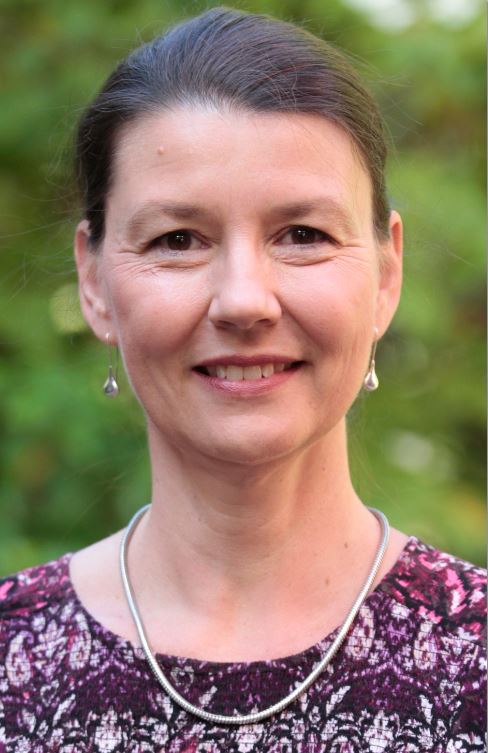

Robert C. Morris, Ph.D.
Professor
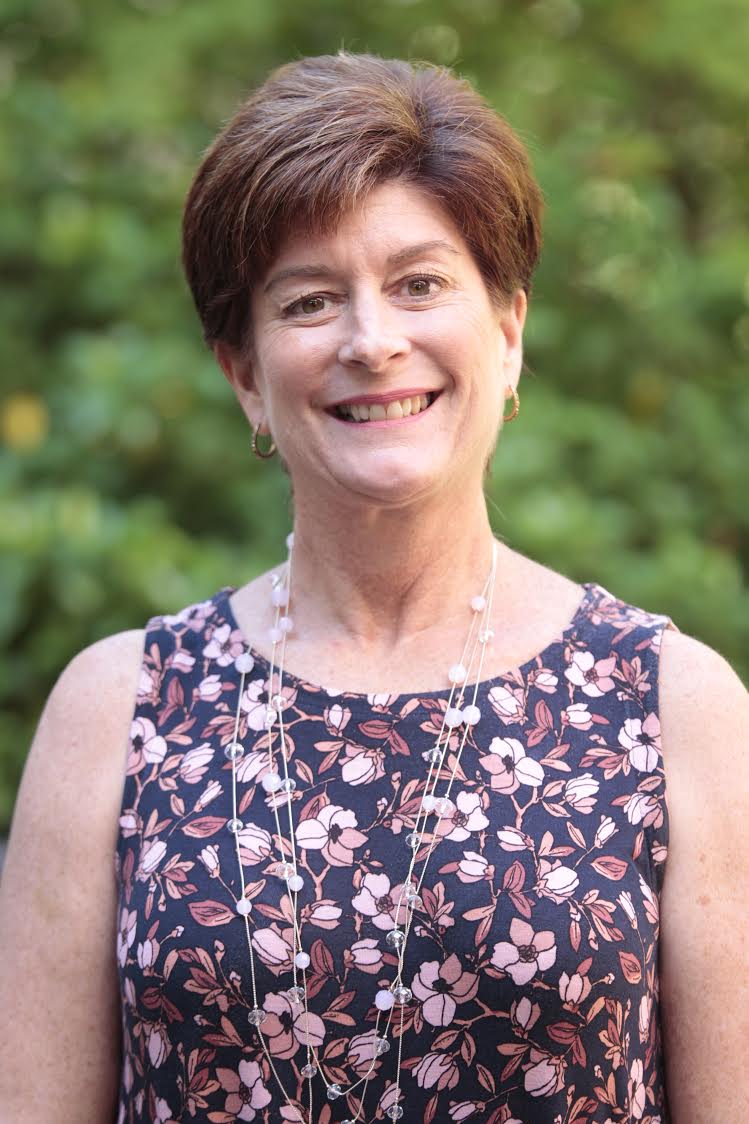
Kimberley Scasny, Ed.S.
Assistant Professor
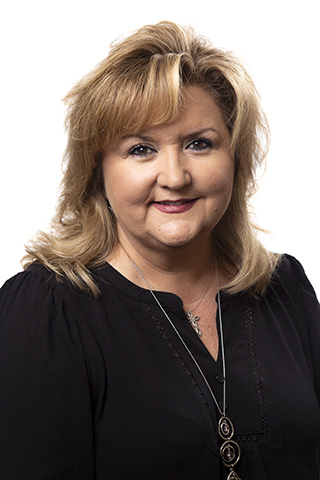
Robin Strain, M.Ed.
Clinical Instructor

Janet Strickland, Ph.D.
Associate Professor
Guidelines for Admittance
- All graduate applicants must complete the online Grad Application. A one-time application fee of $40 is required.
- Applicants should also review the Graduate Studies Website for individual program specific requirements and tasks that must be completed prior to admission. See Graduate Studies Application Process.
- International applicants are subject to additional requirements and application deadlines. See Procedures for International Students.
- Official transcripts from a regionally or nationally accredited institution are required and should be sent directly to the UWG Admissions Office.
Program Specific Admittance Guidelines
Admission Requirements
- The applicant must hold a bachelor's degree from an accredited United States institution, or the equivalent from an international institution.
- The applicant must be in academic good standing at the institution last attended.
- The applicant must file an official application and related documents.
- The applicant must have a minimum grade point average of 2.75 on all undergraduate work at an accredited United States institution in fulfillment of the requirements for a baccalaureate degree.
- The applicant must submit a copy of his/her clear renewable teaching certificate in a PSC approved field.
- Then applicant must have a minimum of one year of teaching experience.
- The successful applicant must not have a criminal record or discharge from the armed services that would prevent recommendation for related teacher certifications.
Application Deadlines
Specific Graduate Admissions Deadlines are available via the Graduate School
* Application, app fee, and document deadline
See The Scoop for more specific deadlines.
Admission Process Checklist
The Graduate Studies Application Process checklist is available here
Contact
Graduate Admissions
graduate@westga.edu
678-839-1394
College of Education:
The The Department of Early Childhood through Secondary Education website includes projected course offerings, program sheets, and other vital information.
Dr. Natasha Ramsay-Jordan
Pre-enrollment Contact
nrjordan@westga.edu
Phone: 678-839-6086
Specific dates for Admissions (Undergraduate Only), Financial Aid, Fee Payment, Registration, Start/End of Term Dates, Final Exams, etc. are available in THE SCOOP.
Specific Graduate Admissions Deadlines are available via the Graduate School
* Application, app fee, and document deadline; Dates may vary for Readmit, Transfer, and Transient students.
The courses in the K-5 Science Endorsement have several purposes for candidates:
- To understand the major concepts and principles of the science disciplines (life, physical, and earth and space) and interdisciplinary science
- To interpret concepts, ideas and relationships in science at a level appropriate to K-5 students
- To understand how the major crosscutting concepts and scientific and engineering practices, which include inquiry, are integrated with the scientific disciplinary core ideas
- To nurture collaboration, critical thinking, hands-on exploration, manipulative use, problem-based inquiry, technology utilization, and activity implementation addressing various learning styles.
- To select and use a variety of contemporary science formative and summative assessments to gauge students' understanding of science and use the results of assessments to improve their practice and increase student achievement.
- To demonstrate a deep understanding of how K-5 students learn science and of the pedagogical content knowledge appropriate to K-5 science teaching.
